Can two work together unless they agree?
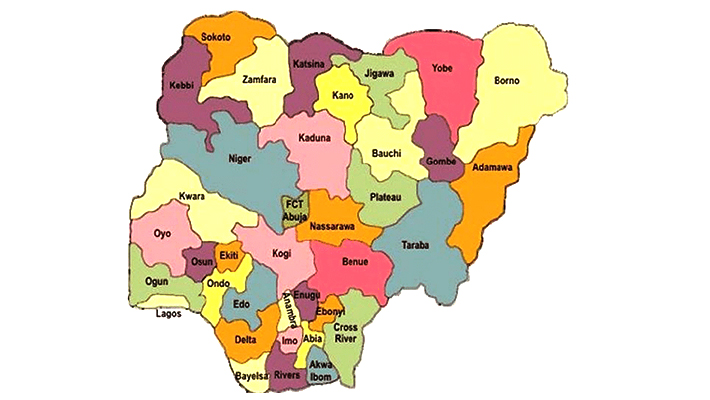
Unity is not sameness. It is the existence of a common interest in spite of competing individual interests. Its presence requires the setting aside of individual differences, that may legitimately exist, for a common interest.
Therein lies the challenge, for individuals have to be convinced of the superiority of the common interest. After all, individual interests arise from different experiences, albeit of the same national reality, giving birth to diverse needs. I concede that interests may be selfish; they can be borne out of greed rather than necessity.
However, I write of that which is firmly rooted in legitimacy. In an ideal world, common humanity should be enough to unite people. However, our world pales in comparison. Time and time again, common humanity has failed to be sufficient in uniting individuals. Developed countries have tackled this problem in different ways. In the US, the people are united by the idea of America – the land of the free and the home of the brave.
Across the pond, the people are united by the monarchy – an ancient institution that is a beacon of history and national pride. In Saudi Arabia and the majority of the Arab world, religion is a strong uniting force. However crass, societal progress can only be achieved when the people are united in pursuit of a common interest.
It is painfully apparent that Nigeria is divided along ethnic and religious lines. These divisions not only maim our social cohesion but, more importantly, prevent our development by hindering our organization into a singular mass, demanding government accountability. Having realized this, the government sits idly by and, the most egregious of it all, stoke the flames of division. In the arbitrary lines drawn in the formation of African nation-states by the West, the first seeds of ethnic divisions were planted.
An evil of colonisation often overlooked is the forced coexistence of conquered African empires into singular nation-states. After independence, our infant nation was thrown into chaos by the 1966 coup. The missteps of that event culminated in a civil war in 1967 that lasted till 1970, further reinforcing pre-existing divisions. Sixty years after independence, we have taken no meaningful steps towards unity.
The existing religious line of division is between the two primary religions – Christianity and Islam. Religion invokes passion and a strong sense of duty in their followers. A passion that is mainly founded on an assumption/belief of the infallibility of religious teachings and interpretations. The absolutism of said belief puts it in direct conflict with any belief system that says otherwise.
It is no wonder that religious allegiances often override familial, ethnic, and national bonds. To make matters worse, the flames of religious intolerance are fanned by clerics on both sides. In this article, I do not yet seek to criticize any particular religion but set the foundation for a conversation on national unity.
Interestingly, a line of division, rather weak or non-existent in Nigeria, is between the upper and lower classes. The upper class is almost always superimposed with the political class. If there is a wealthy individual on your street, the chances are that they have been in government. The hate between people with ethnic and religious differences is surprisingly missing between the political upper class and the lower class. Hate that would be justified in our deplorable state. Instead, there is admiration. The sense of the divine, given by religion, conditions people to think that the political upper class has been blessed, although it is apparent even to a newborn that their wealth was obtained from stealing from the public purse.
The clerics implore the people to pray to the divine for similar material possessions, fostering a lack of accountability and dependency on the affluent. I argue that this unjust (and frankly speaking, ungodly) romance between the upper and lower classes has hindered our national progress. Instead of anger at their corruption, we celebrate them. We give them front-row seats in our places of worship. We elevate them above the will of the people and the rule of law. In return, they spit in our faces. They carry on with their theft and mismanagement with zero regards for what we think and how we feel.
I would like to be clear that I am not advocating for people to hate politicians or the upper class. Hate doesn’t bring about a just society. It just replaces who is in the position of the oppressor. What I am advocating is for tangible displeasure to keep the government in check.
This may take many forms – voting out corrupt politicians, protesting on the street, or vocal condemnation, just to mention a few. The logical question then is: how do we get people to speak up? We need to educate people. The education I speak of is not one which is confined to the four walls of a classroom but one that opens people’s minds to their government’s responsibilities (and I should add, the failure thereof).
It is evident that the government has different interests from that of our people. Our communal suffering borne out of the failure of the government should be our uniting force. The #ENDSARS protest was a testament to this.
People’s eyes have to be opened to the sameness of our national reality. That banditry in the north and police oppression in the south are not different issues that need to compete but are borne out of a universal government failure. This can unite people for now. One may ask: for now? Indeed so.
For if we hope to build a nation correctly, we need to start thinking of that strong uniting force capable of binding us together. Perhaps not the monarchy or religion (for obvious reasons) but ideals that define our country, Nigeria.
In conclusion, the people have to be united, for therein lies their power.
This article is a product of the “Nigerian Salon” conversations on November 21, 2020.
We have recently deactivated our website's comment provider in favour of other channels of distribution and commentary. We encourage you to join the conversation on our stories via our Facebook, Twitter and other social media pages.
More from Peoples Gazette

Politics
Katsina youths pledge to deliver over 2 million votes to Atiku
“Katsina State is Atiku’s political base because it is his second home.”

Economy
Naira loses 5.3% against dollar at official market
At the Investor’s and Exporter’s (I&E) window, the naira traded between N1,317.00 and N1,000.00 against the dollar.
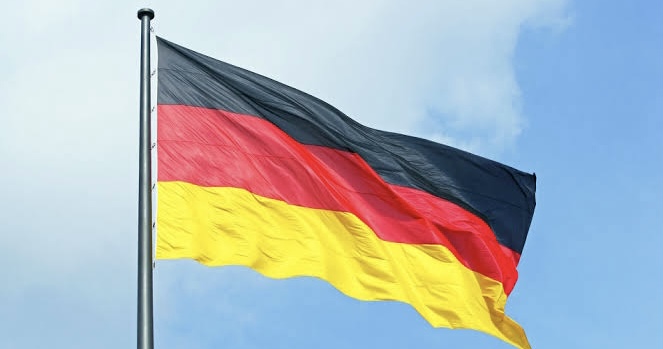
World
Germany has world’s highest leadership approval rating; Russia lowest: Report
Germany boasts of a 60 per cent leadership approval rating, a significant increase from 2023 approval ratings, which stood at 46 per cent.
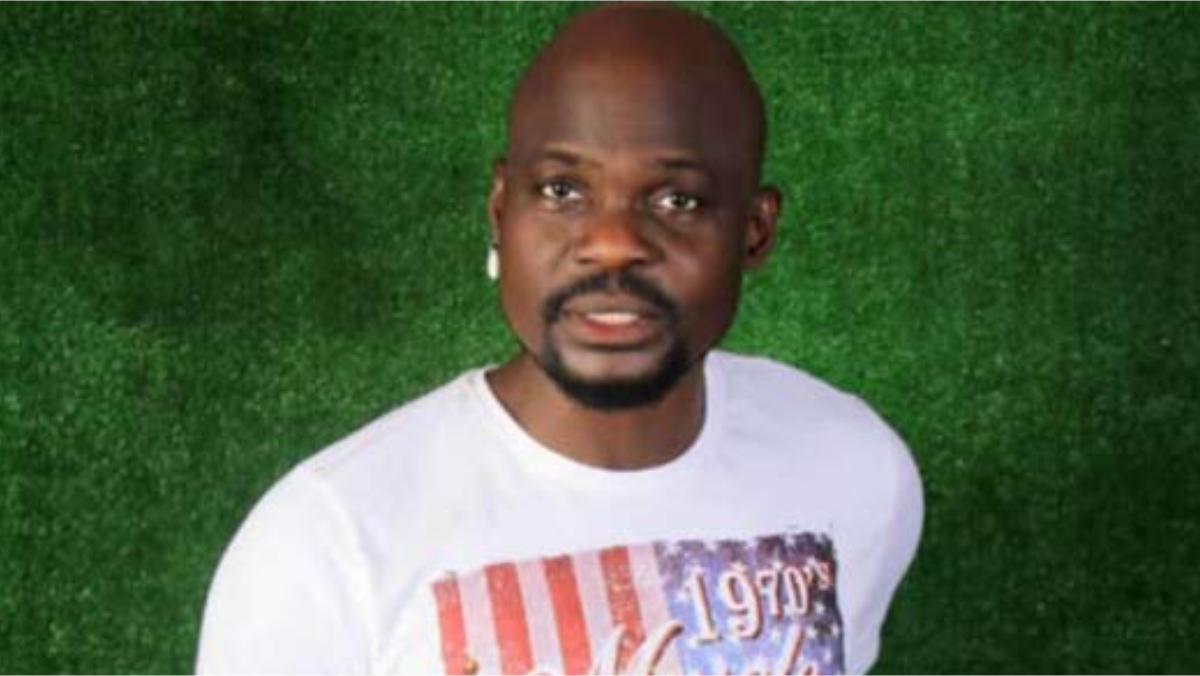
Showbiz
Sexual Assault: Appeal Court reserves judgment as Baba Ijesha challenges conviction
Baba Ijesha, in his notice of appeal marked CA/LAG/CR/544/23, asked the appellate court to set aside the lower court’s judgment.

Sport
Goals rain as Arsenal demolish miserable Chelsea to keep title hope alive
The Gunners easily tore through Chelsea’s defence line, scoring 5 to set a new record against London rival.
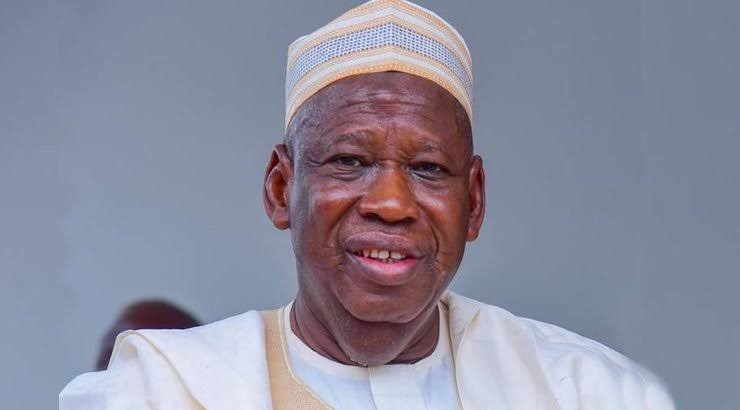
Politics
Ganduje lauds Ododo for ‘good job’ in Ondo APC governorship primary
Mr Ganduje gave the commendation when he received the state governorship primary election committee report from Mr Ododo in Abuja on Tuesday.
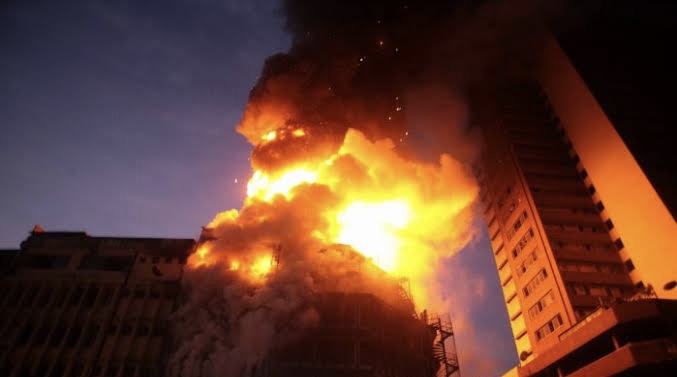
States
Fire guts office of Governor Soludo’s aide
A part of the office of the special adviser to Anambra governor on political matters, Alex Obiogbolu, was gutted by fire on Tuesday.








